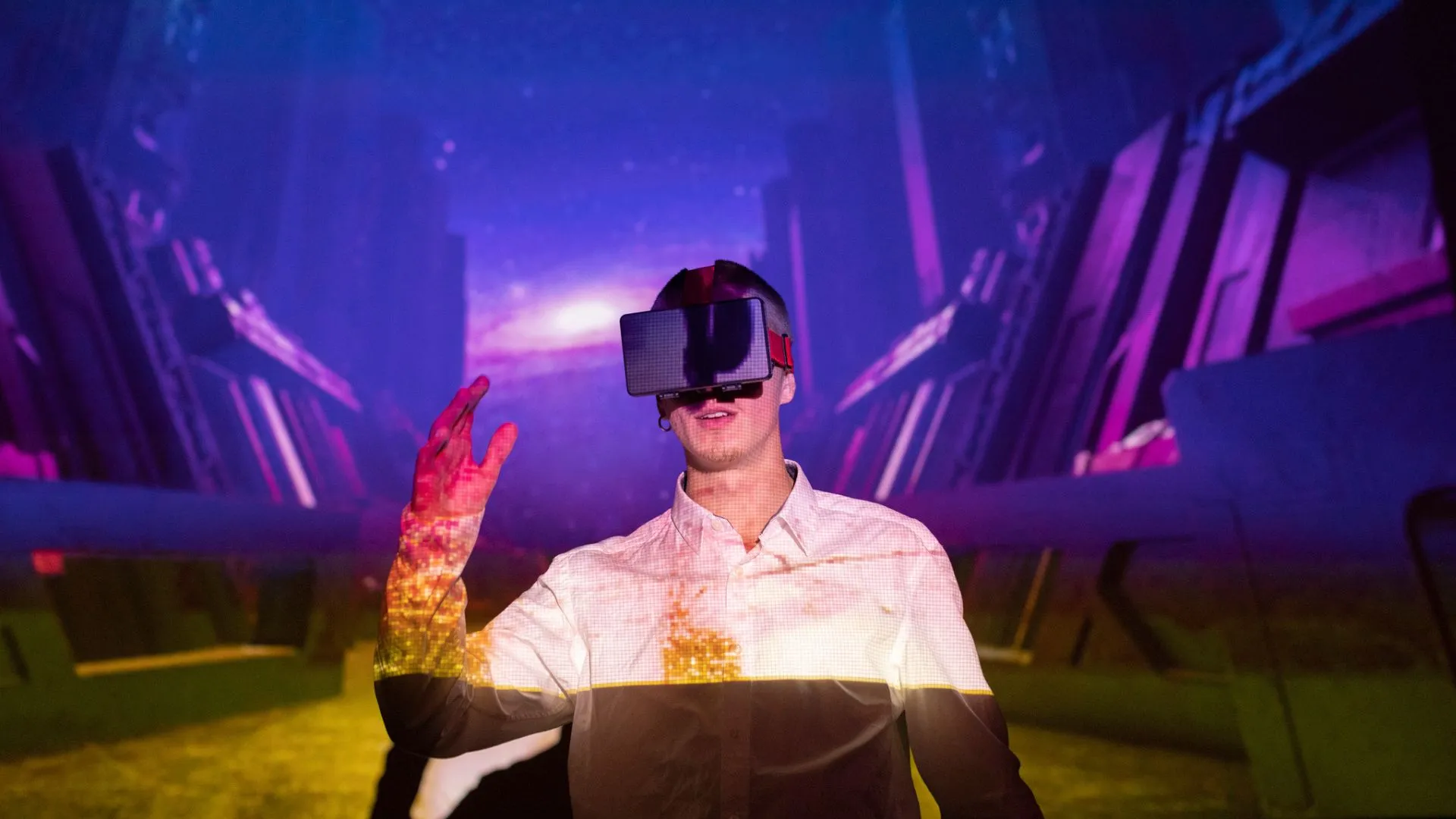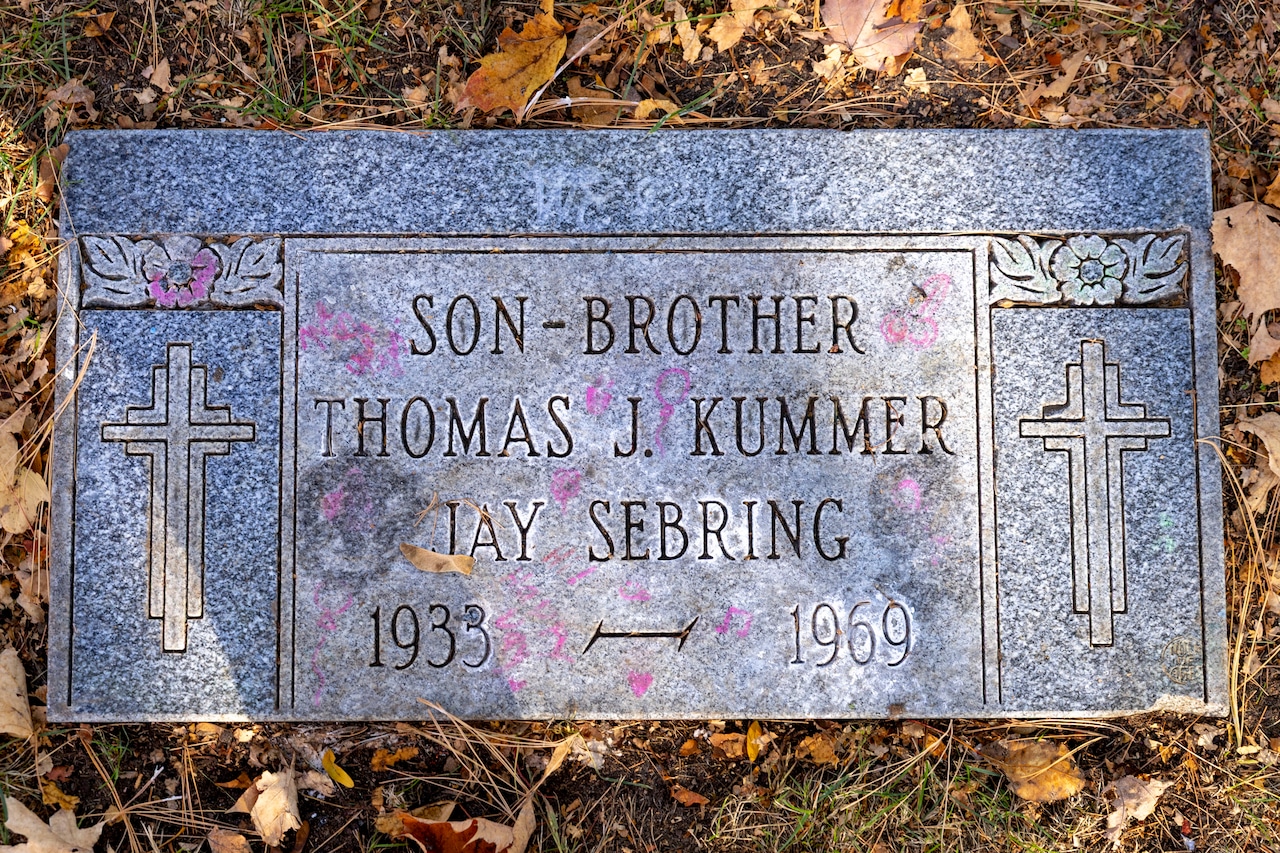Copyright Interesting Engineering

Researchers have discovered that virtual reality (VR) headsets could be the key to helping astronauts overcome motion sickness (called space adaptation syndrome) when returning to Earth. While not a life-or-death issue for astronauts, this new tech could help make the transition back to Terra Firma a little bit more comfortable for them. When astronauts go into space, their brains get confused because they’ve never experienced gravity. On Earth, your brain expects that “down” always exists, i.e., your inner ear (the vestibular system) tells you so. However, in microgravity (like in Earth’s orbit), that signal disappears. To this end, the brain’s expectations don’t match the new reality, and that mismatch causes space motion sickness (nausea, dizziness, disorientation). This is basically the same thing as getting carsick, where your eyes say you’re still, but your inner ear says you’re moving. Because of this, your brain can’t reconcile the two, so it triggers nausea. Currently, about half of all astronauts experience motion sickness in orbit. Then, when they return to Earth, their brains have re-adapted to microgravity. Motion sickness: astronauts’ occupational hazard During this transition, they experience motion sickness again when gravity returns, especially if they land in the ocean and the capsule is bobbing around. This can be dangerous because they might need to evacuate quickly from the capsule. Motion sickness can also delay response times and cloud their judgment. Presently, astronauts rely on anti-nausea drugs, which block certain brain signals. This can be effective, but it causes drowsiness (bad for alertness in emergencies). Also, medication’s effects can fade over time and have to be stored to address stability issues for long missions. To this end, researchers turned to virtual reality as a potential alternative solution. Under controlled conditions, they tested people’s reactions to VR under changing gravity conditions, followed by wavelike motion (like being in a capsule at sea). They tested three groups, with the first having no visual cues (like reading in the backseat). The second group was subject to a side window simulation, where VR showed motion matching what they’d feel. The final group experienced front window simulation, where VR not only showed real-time motion but also predicted upcoming movement (like seeing the road ahead). VR to the rescue With the first group, the team found that around 66% of participants got too sick to finish. In the second group, only around 20% stopped early, with the last group seeing around 10% stopping early. Such results were surprising, with VR reducing motion sickness by about half or more. Essentially, giving the brain the right visual context makes the sensory signals match, so nausea doesn’t trigger. As the team points out, these results could have applications beyond just helping astronauts. If perfected, the same principle could help passengers who get carsick, seasick, or airsick. It could also prove helpful for riders in autonomous vehicles (where they aren’t controlling the motion), and people using VR who experience “cybersickness.” Looking ahead, the results could also be used to produce VR “windows” that show predictive motion in self-driving cars or even on ships to reduce nausea.



